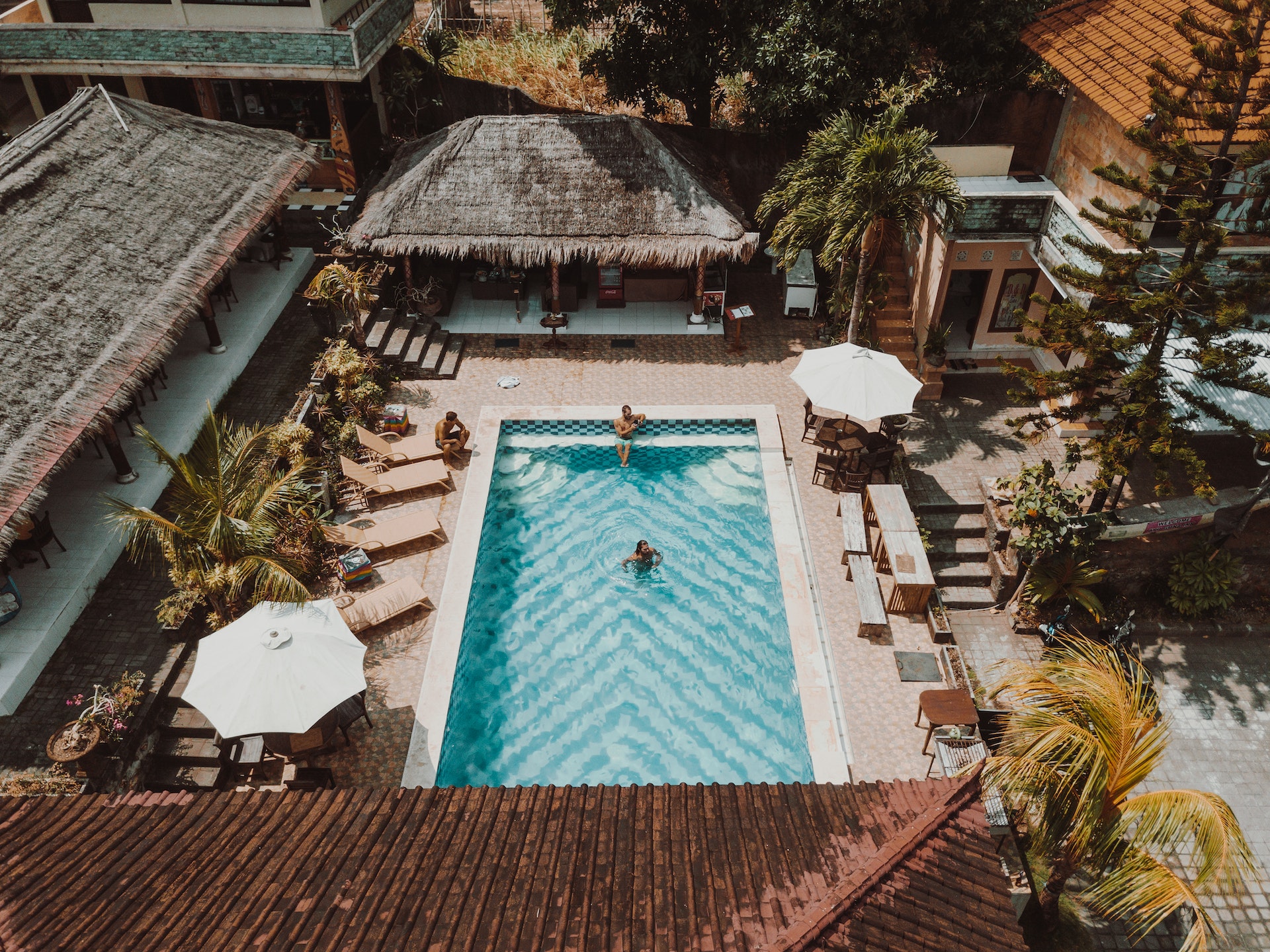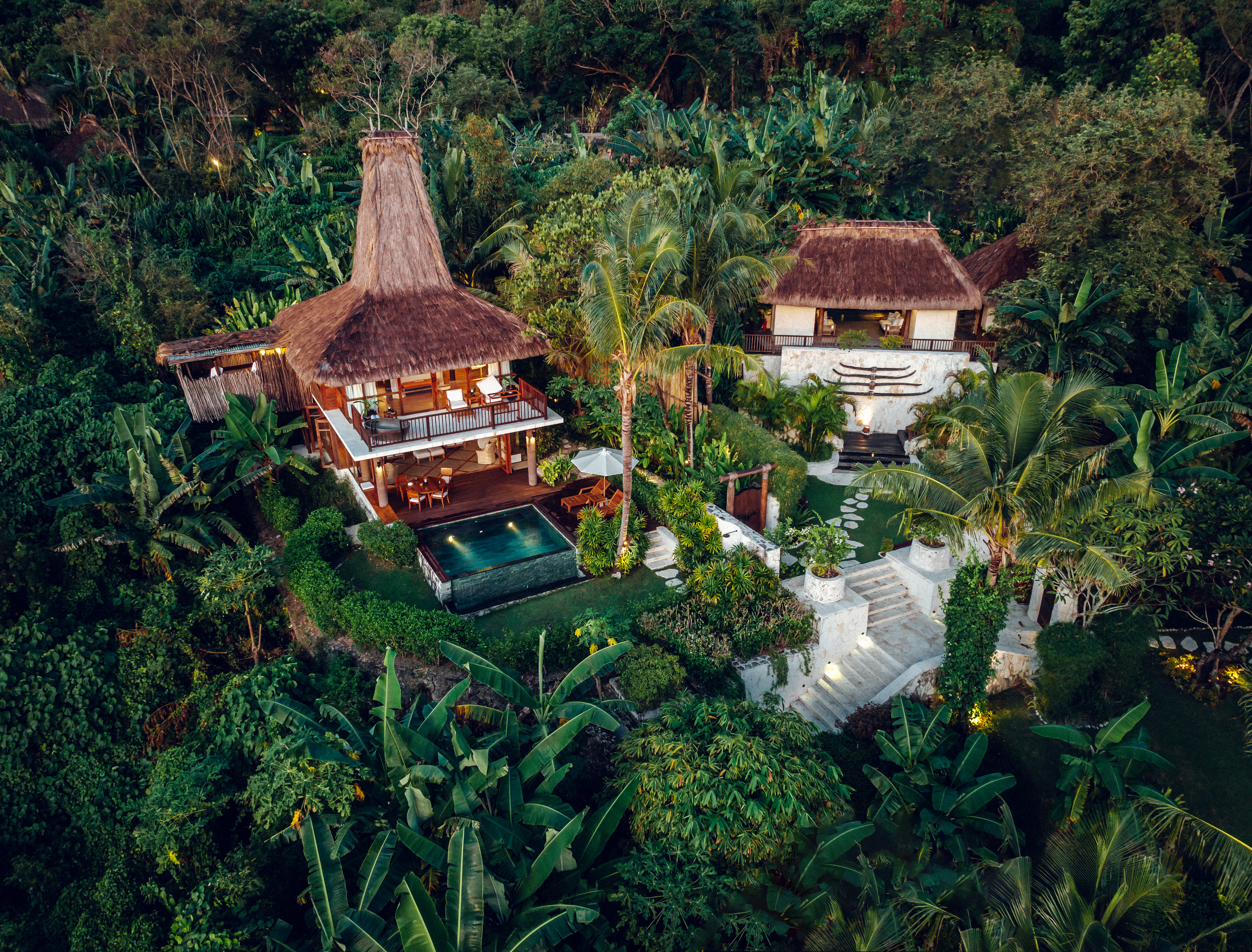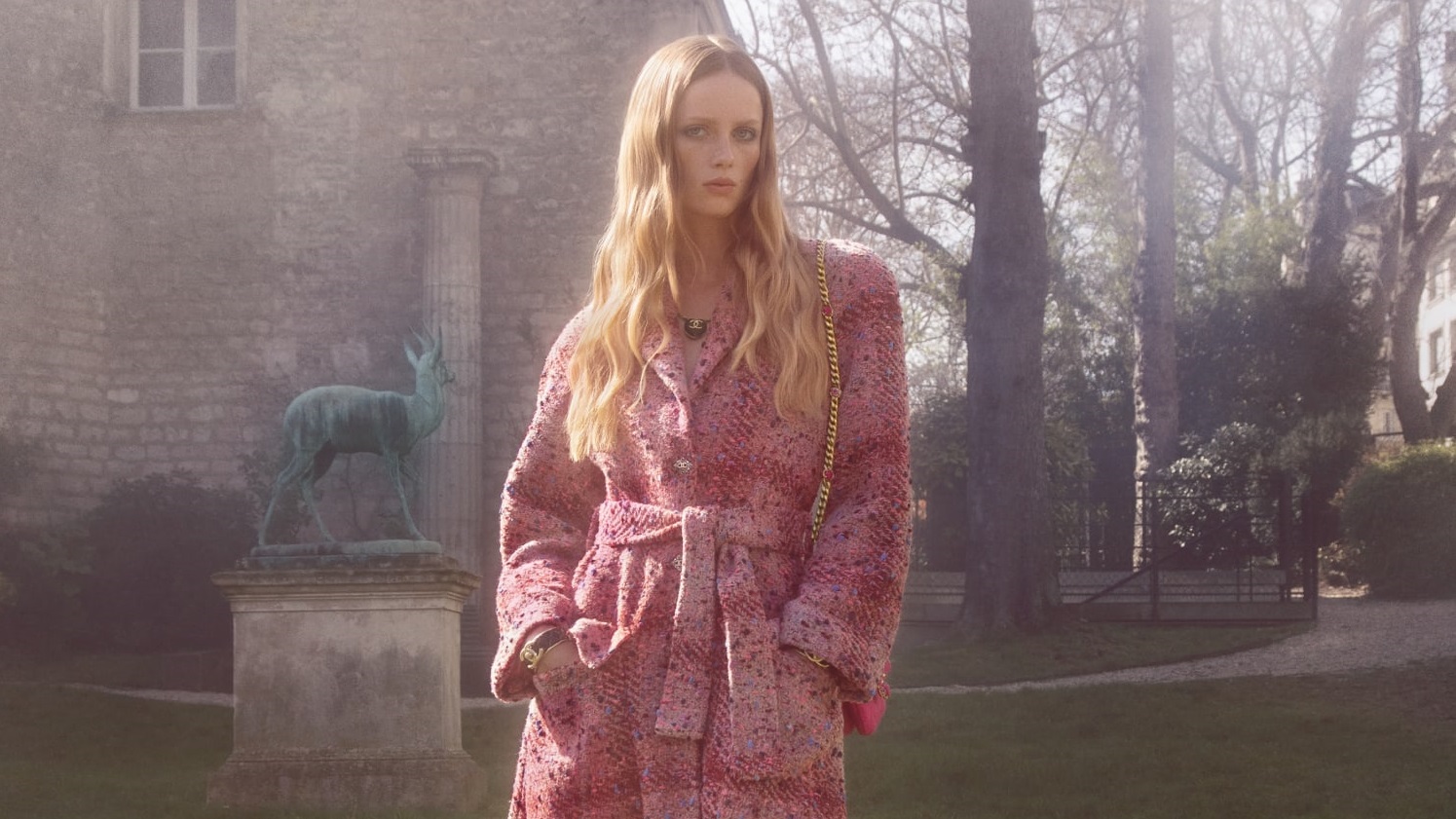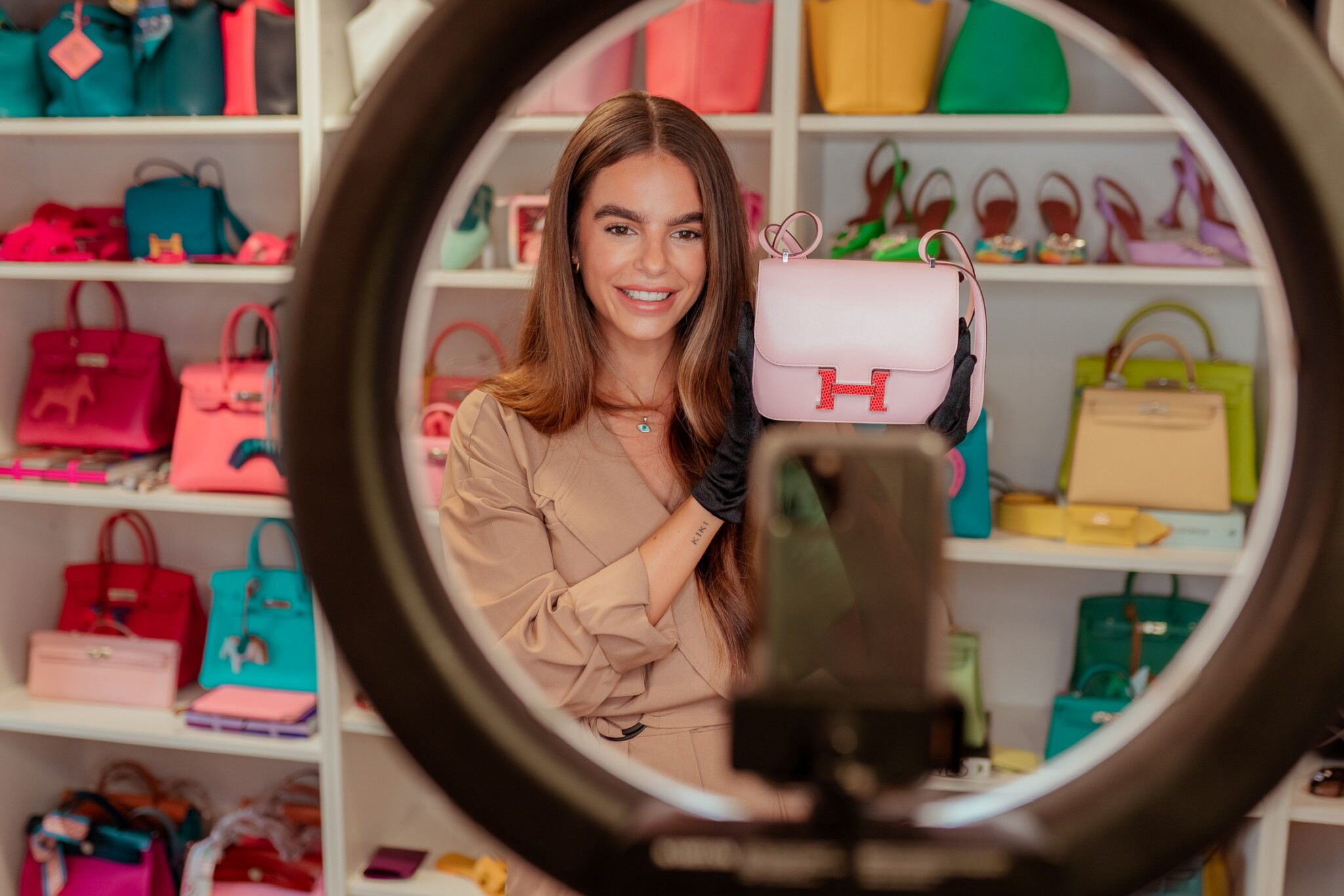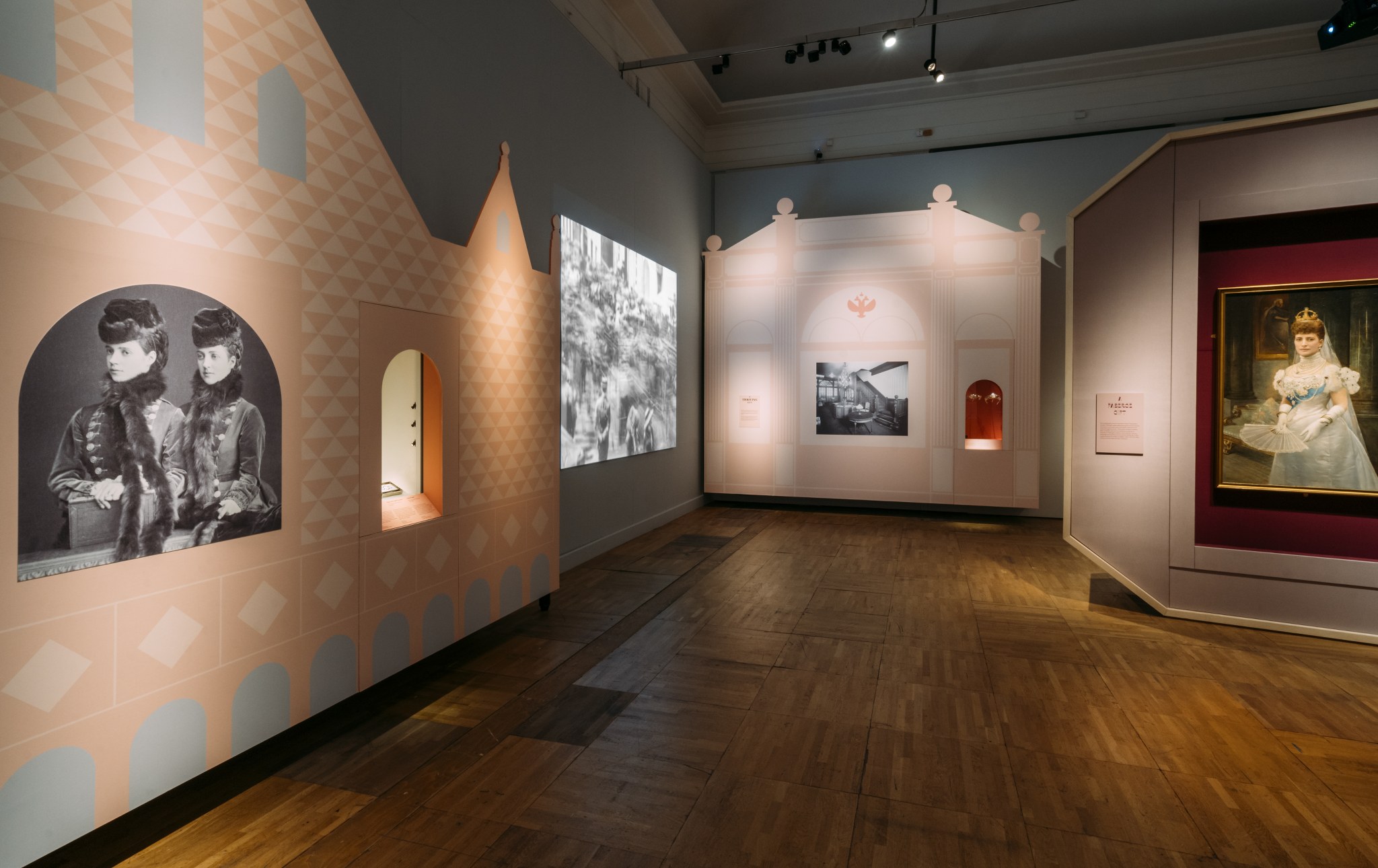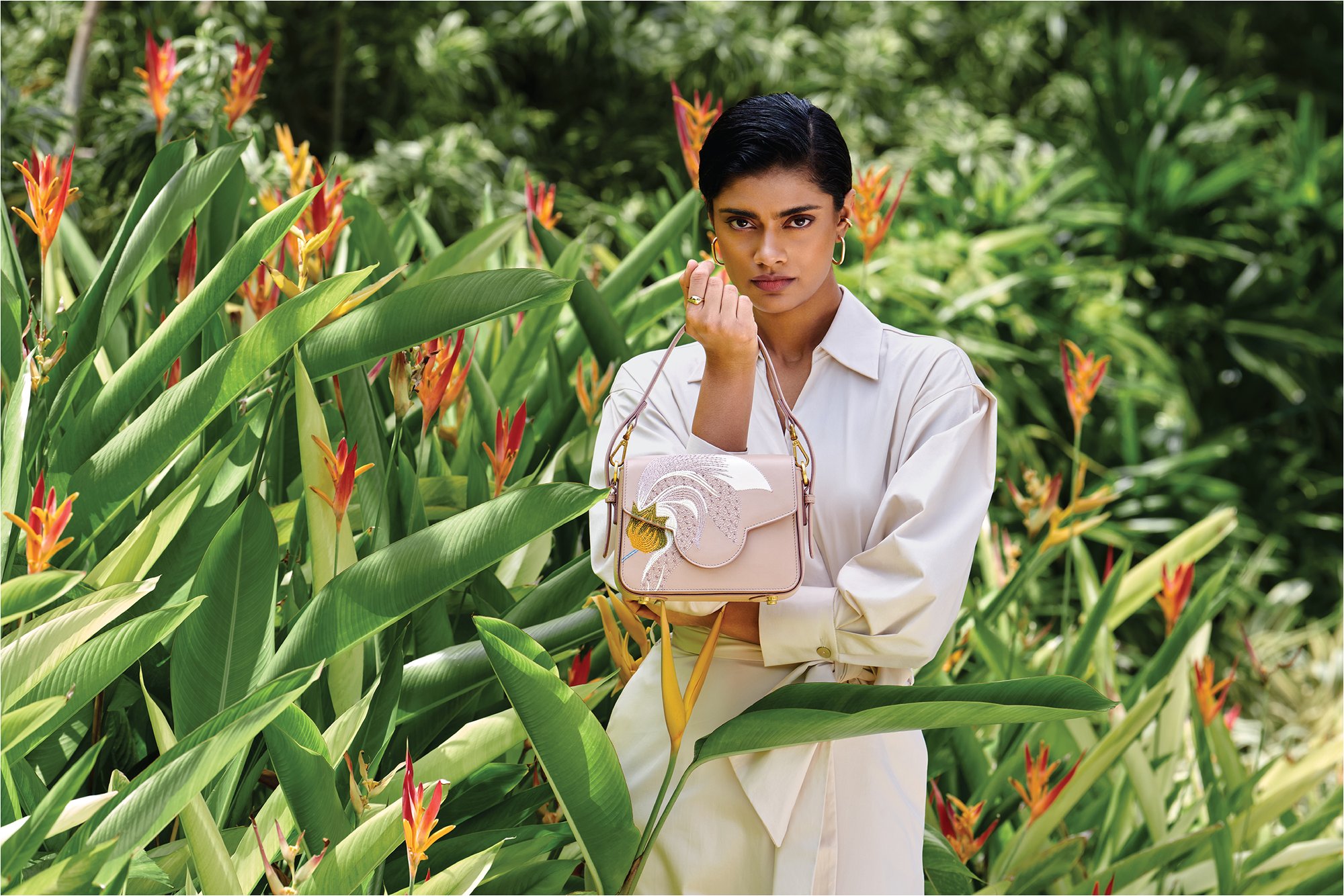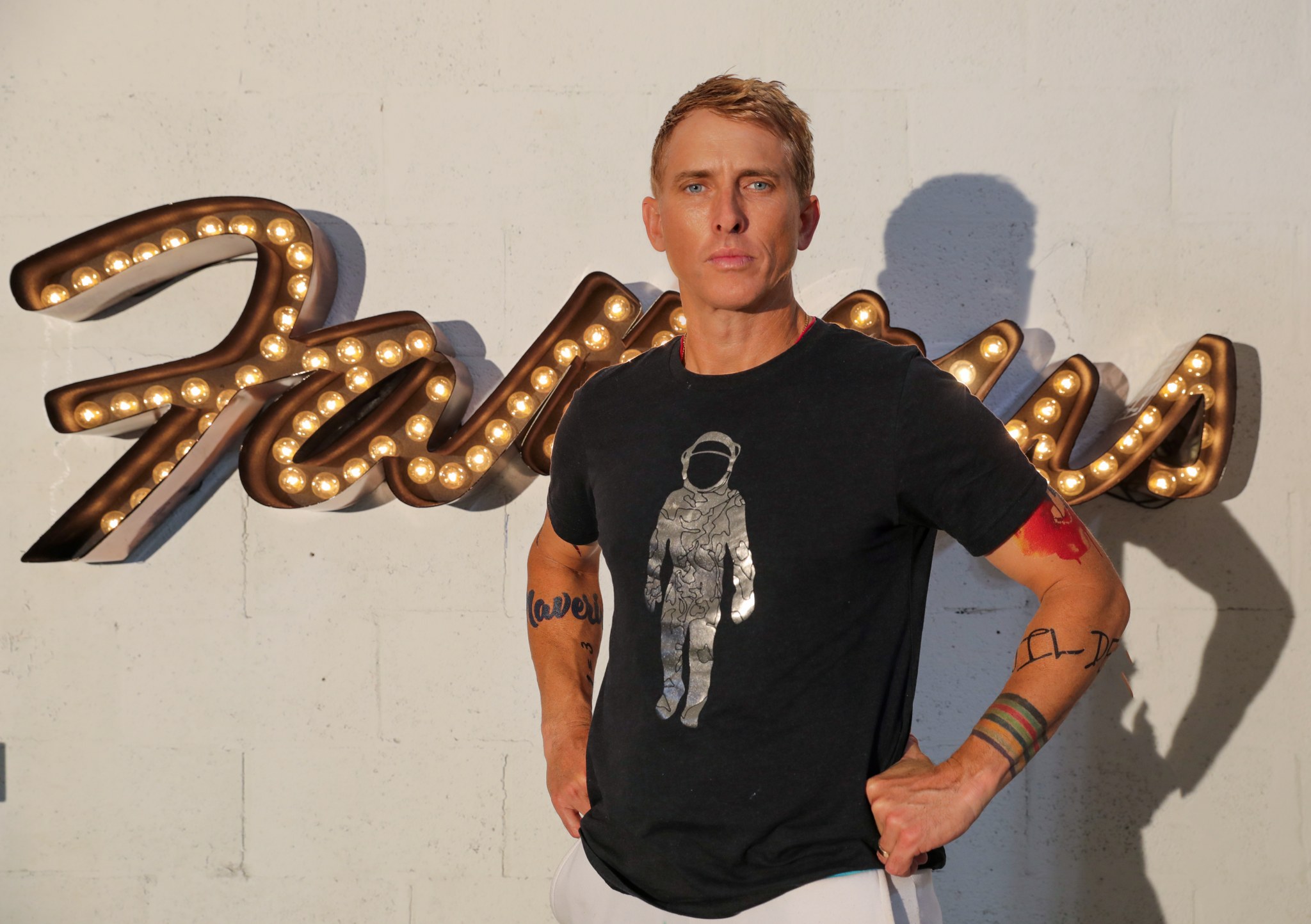Based on CHRONO24 study
Text by Koura-Rosy Kane
Luxury is an ever-evolving and subjective concept that depends on social economic realities, cultural backgrounds and even epoches.
While looking at the definition of the word luxury, we can notice that the first meaning refers to “great comfort, especially as provided by expensive and beautiful things.” However, when digging up further, luxury can also be defined as “any unusual, enjoyable activity” or “something that gives you a lot of pleasure but cannot be done often.”
Although the first sense of the word is something constant through the year – individuals can agree that luxury can be tied to physical products – the notion is also more and more associated to an intangible sphere that is more related to experiences and feelings.
In the past, luxury was mainly bound to exclusivity, success, and shared symbols of wealth. Social theories and studies around the phenomenon at the time highlighted the fact that individuals identified it as a goal to reach, a motivation and sign of accomplishment. Sociologists like Simmel theorised at the beginning of the1900s a analysis around the dialectic between two forces – imitation and distinction. Applied to the luxury landscape at this period, we can consider that distinction is the main feature but it is also submitted to imitation as social actors are aspiring to reach such a stage – often associated with good social status. Luxury has for long been synonymous with high ranked groups in the social hierarchy. It was something that felt out of reach for some and was seen as an ultimate objective for others.
Nowadays, the symbolism of luxury has deeply shifted. For many reasons – such as economical transformations, technological innovations – the concept has been re-evaluated and re-defined. The introduction of social media, the endless promotion of consumption and the recent pandemic had challenged the former meaning of luxury. At the same time we can see that luxury goods became more accessible – through the secondhand market for instance – and were democratised.
Based on several economic crises, environmental and social concerns rising among consumers, the luxury segment is not immuned by those changes. The priorities for social actors have evolved and their attachment to material goods and definition of ownership as well.
Approaches around the notion are not quite the same as in the past. It is not so much about success and social accomplishment anymore but more about moments, sentiments and experiences. For many today, owing luxury goods is not the ultimate goal anymore. Although ancient definitions and perceptions around it remain, we still can observe a real change among the consumers. A study led by CHRONO24 showed that 28% of the respondents associate the concept to “products that have certain characteristics” and 30% claimed that luxury “has something to do with money and status”. Nevertheless, 30% affirmed that it has nothing to do with material background.
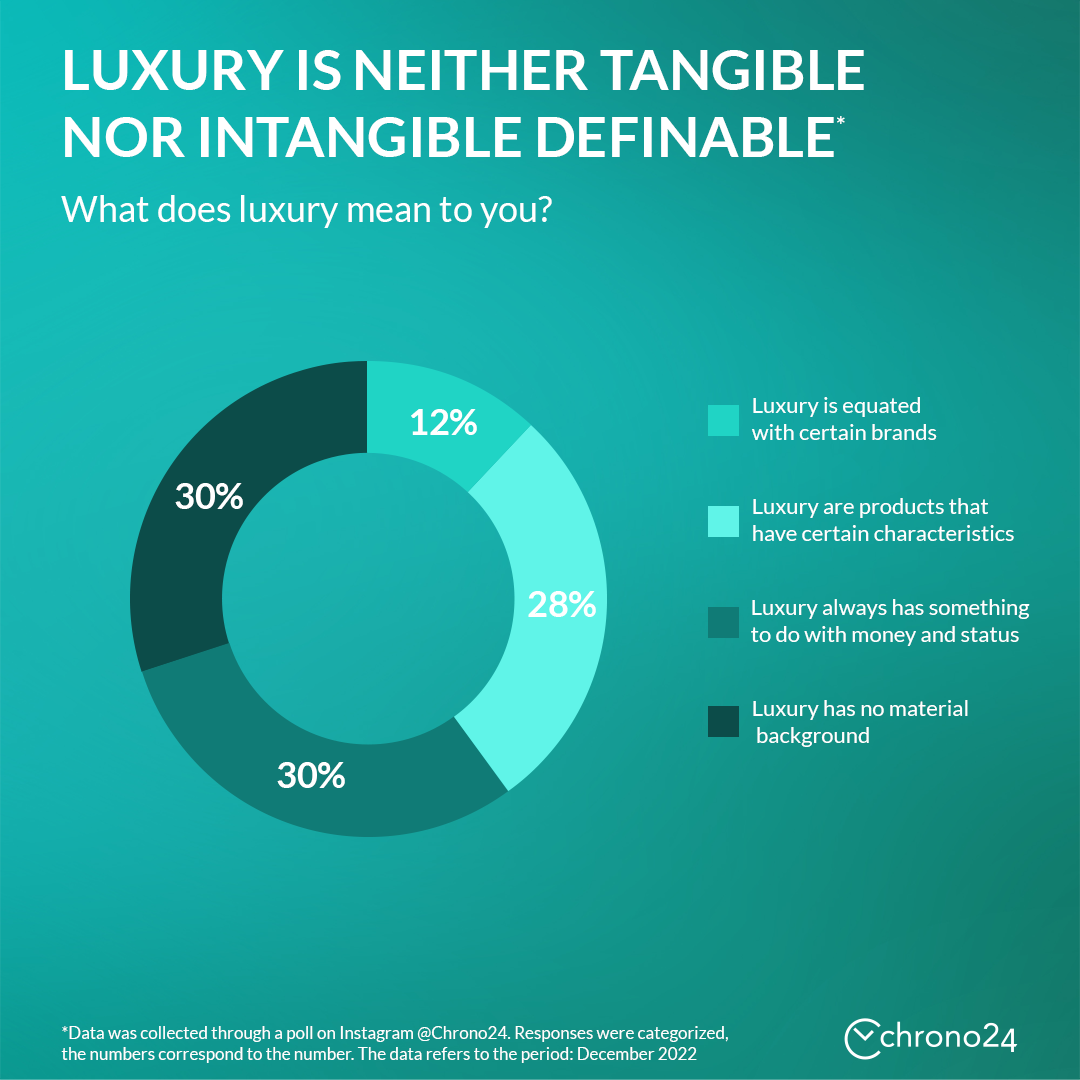
Going deeper into their research, the luxury label CHRONO24, analysed the linguistics around the terms according to different markets around the world. They asked about what the panel perceived as everyday life luxuries. Most of their answers have nothing to do with material. In most of the market – e.g France, Germany, British – “time with family and friends” is one of the top responses. Furthermore, individuals from Spain tend to associate it to “freedom to express and wear whatever I want.” Then, France and Italy also perceive daily life luxuries as the act of consuming “good food and my favourite wine.”
Far from the traditional perceptions and aspirations around luxury, this study highlights deep transformations occurring in these markets. The way individuals see luxury today is influenced by the numerous restrictions brought by the pandemic during two years. Enable to share moments with their relatives and friends, consumers want to catch-up on the time they missed. Simple things like dinners or “get together time” are seen as a luxury as it was not accessible – rare – for quite some time.
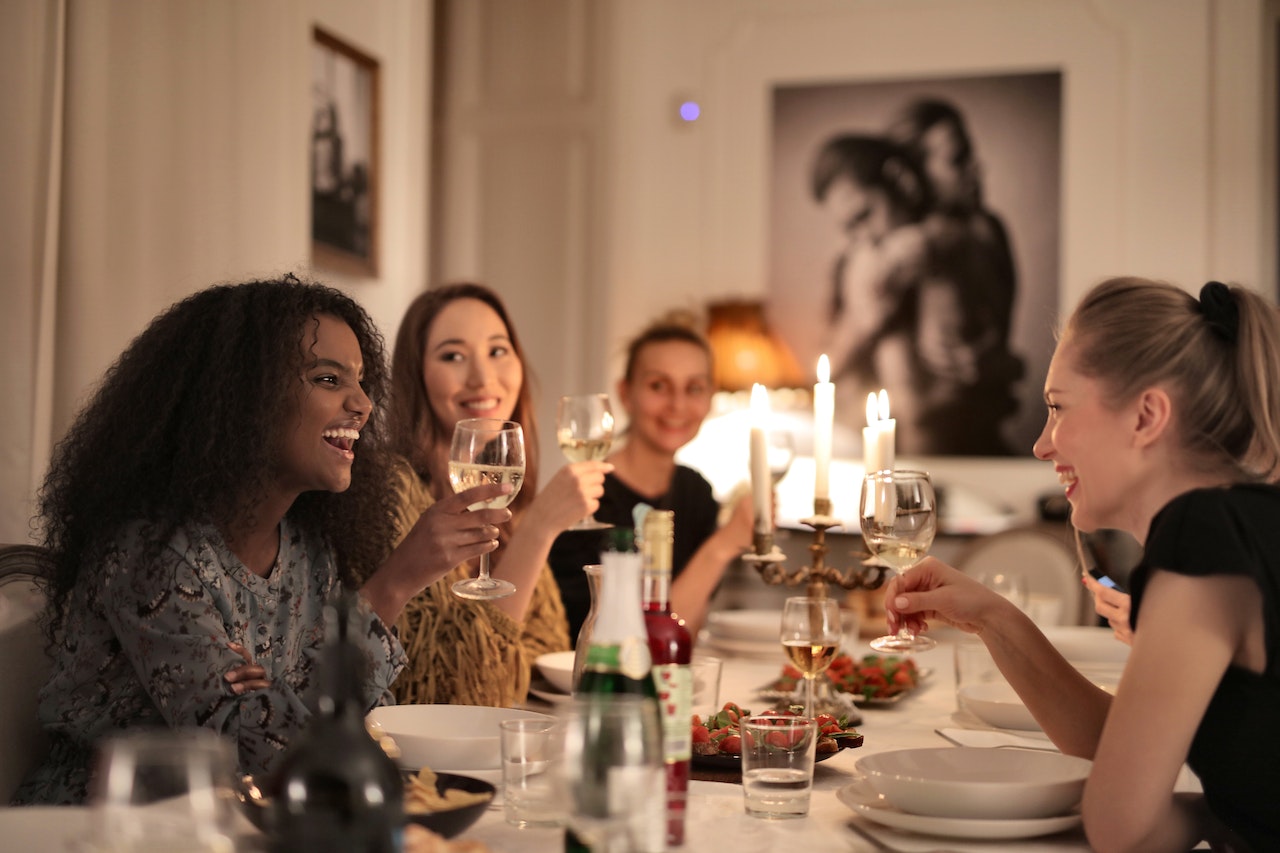
This wave that aims to redefine the notion and approaches to luxury is expected to grow in the future. Based on the multiple uncertainty we face, many aspects of our lives are under deep transformation. It is about deconstructing what has been taught so far and finding a new equilibrium in these new realities. The new definition of luxury is rooted into experiences, emotions and moments we share. To survive the various current and future shortages, we cannot stick to the endless pursuit of the “good deal”. Consumption has become a commitment and is coming from a thoughtful and conscious space.
